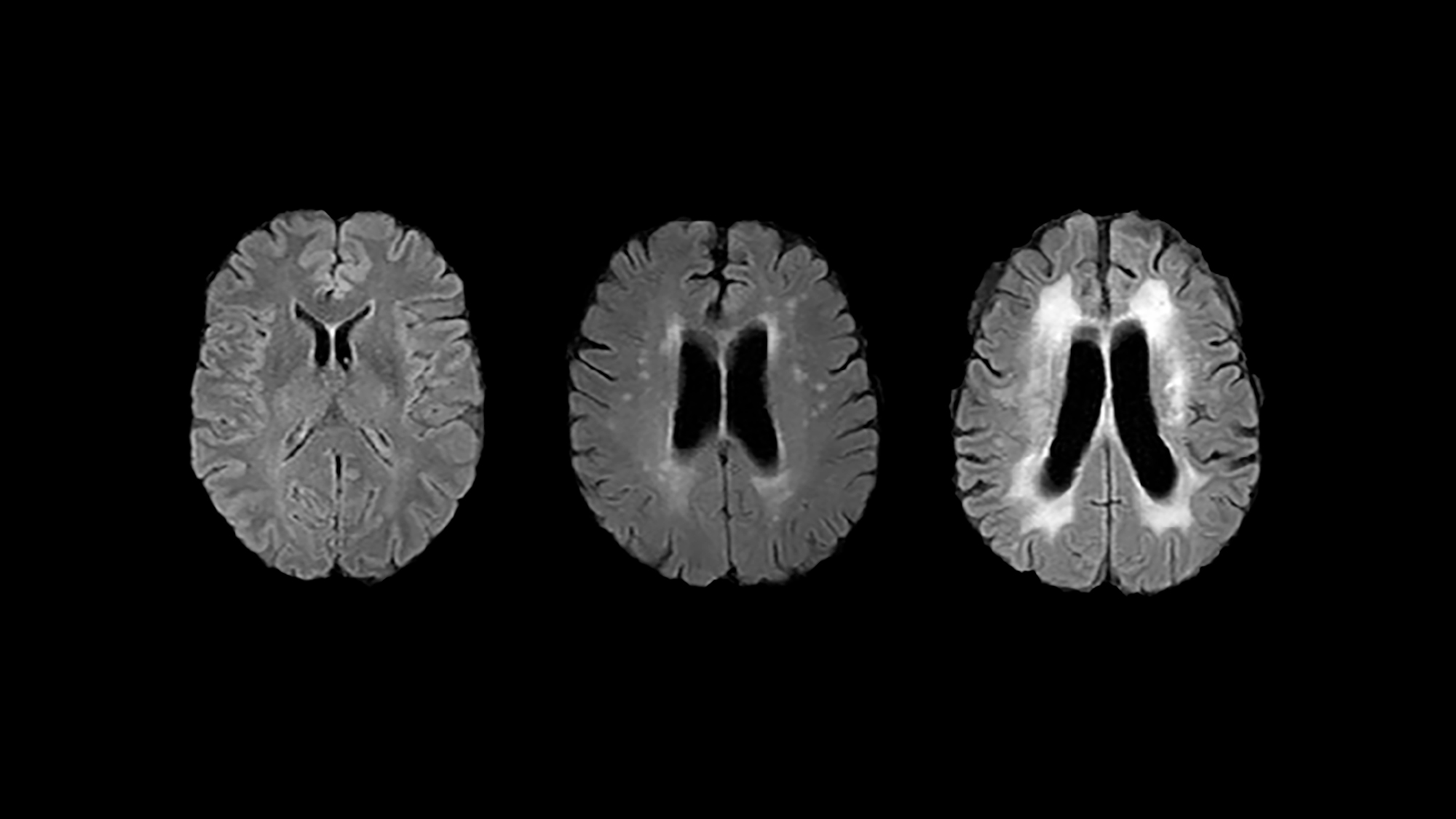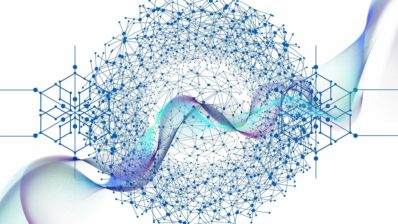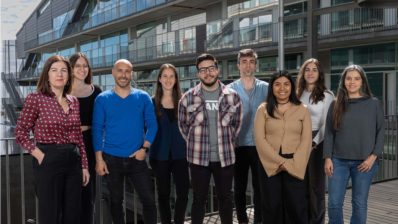Although we are used to being guided by chronological age, the date of birth, this does not necessarily coincide with biological age, which is determined by DNA methylation levels and greatly influenced by lifestyle habits. Now, a study by the Hospital del Mar Medical Research Institute (IMIM) shows a clear relationship between biological age and the manifestation of white matter hyperintensities, a type of brain lesions that indicate brain aging.
“A good part of the effect of the passing of the years on our brain is not only due to chronological age, but also by biological age”
Jordi Jiménez-Conde, Hospital del Mar
To carry out the study, 247 patients who had suffered a stroke underwent magnetic resonance imaging and a blood test. The first test was used to calculate the volume of the hyperintensities of the white matter, areas of the brain where blood has problems to circulate. The second test analyzed the level of DNA methylation, which is modified according to external factors, such as lifestyle habits. The results showed that 42.7% of brain aging is actually explained by biological age.
Joan Jiménez-Balado, postdoctoral researcher at IMIM and author of the study, explains that it is necessary to “continue studying the effect of genetics on these brain lesions in order to understand the mechanisms behind brain aging”. Although white matter hyperintensities are irreversible and their volume increases with age, making changes in lifestyle habits could slow down brain aging.
Jiménez-Balado, J.; Giralt-Steinhauer, E.; Fernández-Pérez, I.; Rey, L.; Cuadrado-Godia, E.; Ois, Á.; Rodríguez-Campello, A.; Soriano-Tárraga, C.; Lazcano, U.; Macias-Gómez, A.; Suárez-Pérez, A.; Revert, A.; Estragués, I.; Beltrán-Mármol, B.; Medrano-Martorell, S.; Capellades, J.; Roquer, J.; Jiménez-Conde, J. Epigenetic Clock Explains White Matter Hyperintensity Burden Irrespective of Chronological Age. Biology 2023, 12, 33. doi.org/10.3390/biology12010033%20







